Over the last ten years, there has been a growing trend of Android users moving to iPhones, and it's not just because of iMessage.
A previous report from Consumer Intelligence Research Partners (CIRP) in May found that Android users have been steadily switching to the iPhone in the past decade, and this rate has fluctuated between 10% and 15% in recent years, with a slight upward trend observed in the past few quarters.
The most recent data now unveils the diverse factors behind the transition of Android users to the iPhone. Surveys among iPhone buyers who previously owned an Android smartphone revealed four broad patterns in their decision to switch.
- Previous phone issues: Their previous Android phone failed to meet their needs due to aging, requiring repairs, or having deficiencies that impacted their overall user experience.
- Desire for new phone features: They sought more features in their smartphone, such as an improved camera, expanded accessory choices, or a more user-friendly interface.
- Cost considerations: They found that acquiring a new iPhone was more affordable than expected or compared to a similar Android smartphone.
- Community connectivity: They wanted a smartphone that seamlessly integrates with their family and friends, including using iMessage and FaceTime on the iOS platform.
Slightly over half of the buyers with a specific reason mentioned an issue with their previous phone. For example, they cited some reasons for connectivity issues, battery life, or other crucial device functionalities.
Among those who switched from Android to iPhone, 26% did so because they were attracted to the features of the new operating system or the hardware of the iPhone. For instance, it allowed them to use exclusive apps, connect with specific accessories like AirPods and Apple Watch, or take advantage of features unavailable on their Android smartphone.
A smaller portion of switchers, at 15%, mentioned cost as a deciding factor. Considering the generally higher average prices of iPhones compared to Android models, these users found deals that allowed them to switch at a lower expense than purchasing another Android phone, or at least at a lower cost than they initially expected to spend when switching to an iPhone.
Approximately 6% indicated that they switched to have access to the same apps as their family and friends. Specifically, these switchers were interested in utilizing iMessage, FaceTime, and the capabilities of file and photo sharing.
Although Apple's "walled garden" is often cited as a significant reason iPhone users remain loyal to the brand, it does not appear to hold the same importance in attracting new iPhone buyers. However, after moving to iPhone, they may discover that the interconnected system of software, services, and hardware within the Apple ecosystem could be an influential factor for them to remain with the brand.
 Andrew Orr
Andrew Orr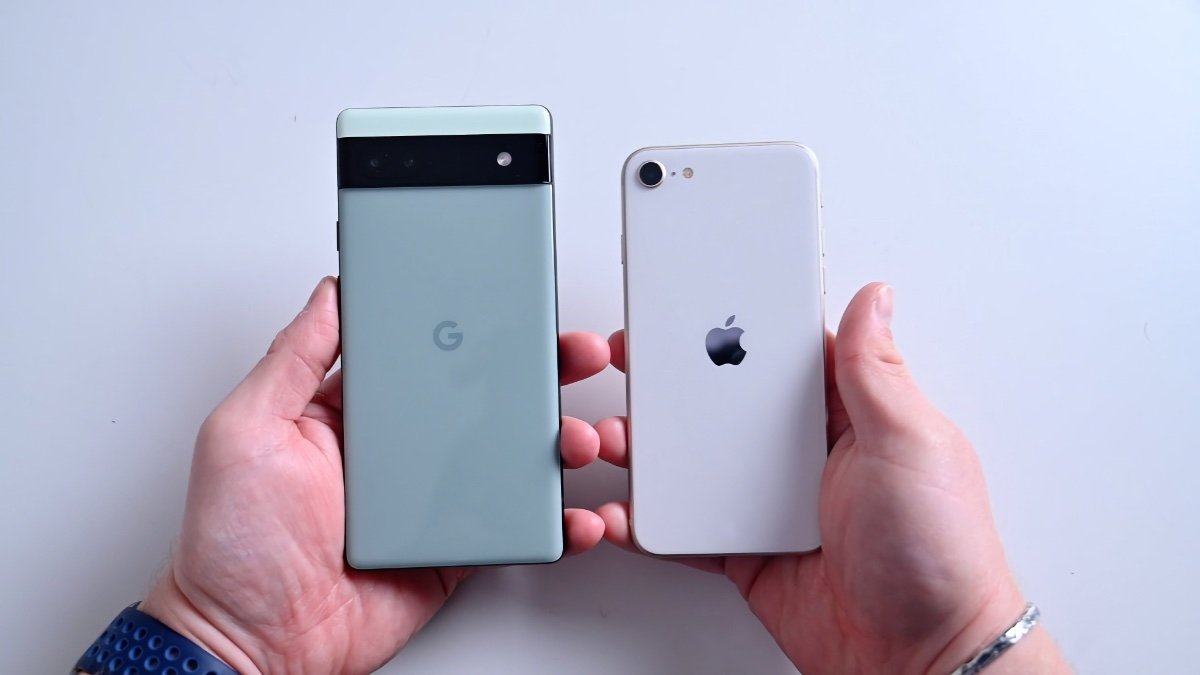
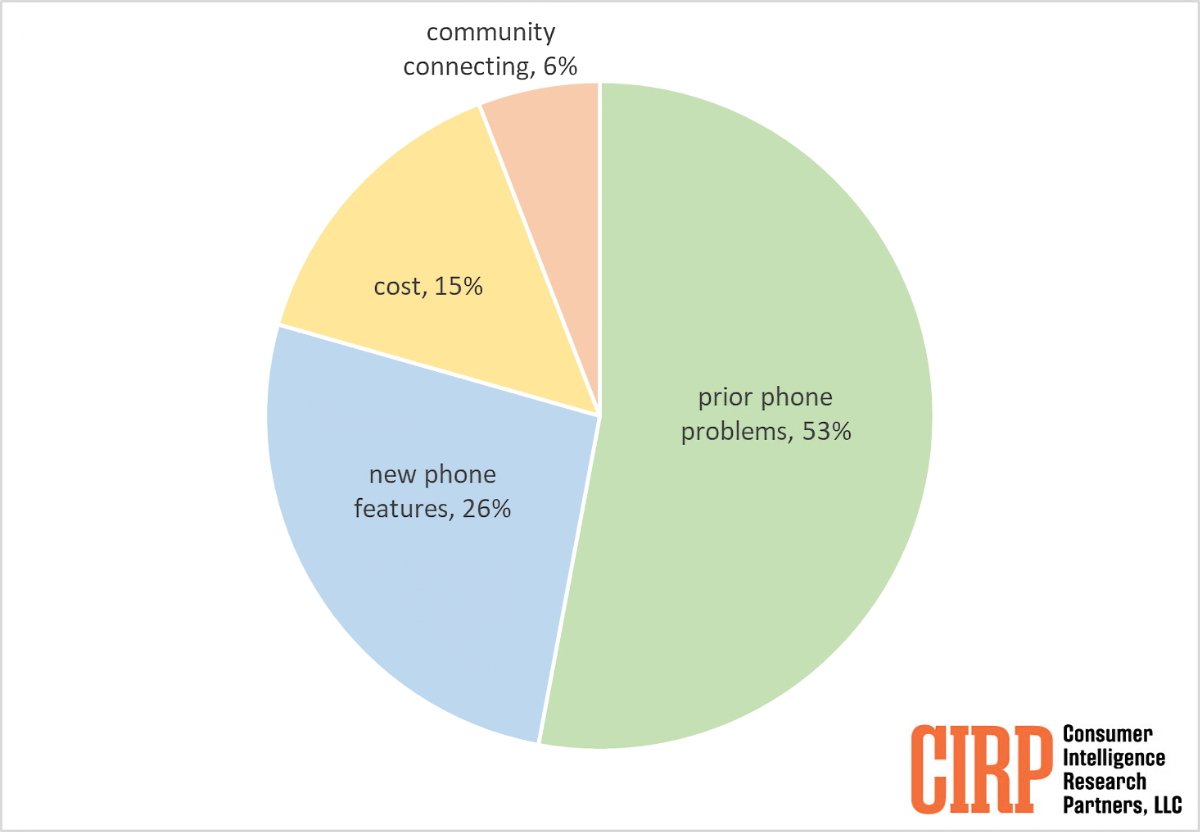




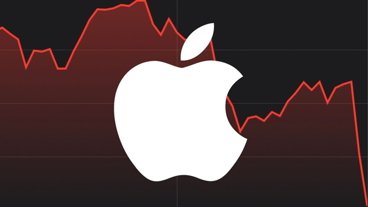


-m.jpg)






 Amber Neely
Amber Neely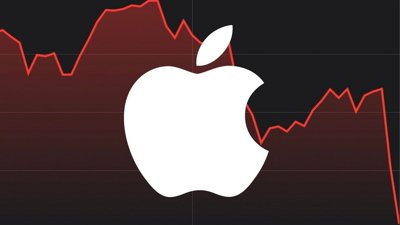
 Malcolm Owen
Malcolm Owen
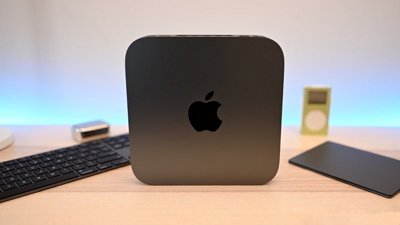
 William Gallagher
William Gallagher

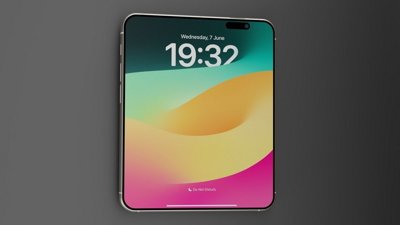

 Bon Adamson
Bon Adamson

-m.jpg)






26 Comments
Sketchy reasons at best considering phone companies all but give away Samsung smartphones. The Samsung and iPhone cameras both are outstanding so that can’t be it. Battery life is comparable on both platforms so that can’t be it.
The reason people switch to the iPhone is because their friends use iPhones and they don’t want to be the dork on the outside looking in. Any android users should be switching to the iPhone if they are concerned about privacy and security, but I doubt that much of a consideration for hard-core Android users.
I bet you can tell what the key issues are by looking at the things Samsung is quickest to copy.
Some notable things that occur to me are Samsung's attempts to copy Apple Watch, AirPods, and Apple Pay. Are there other examples that folks think are important?
The iPhone is simply a better smartphone in every way, fit, finish, OS, third party programs, is peerless in video performance has higher resale value is updated for a longer period of time, is able to integrate with the iPad, Mac, Apple Watch, and AirPods in a seamless matter, only a stubborn, moron, would put up with an Android phone, tablet, or that hideous Chromebook, there is simply nothing a Android device can offer but a cheap price and a conduit to Google’s spying apparatus, where all your info is sold to the highest bidder by Google.
The cliché that you get what you pay for seems to be true many school districts across the land have been suckered into buying those cheap Google Android Chromebooks, which offer a seemingly good price upfront, but in the end the only thing you get is is being bitten in the ass, going cheap upfront, hardly ever works, unless you like buying things every two years, ie a cheap PC computer/laptop with no resale value, a cheap computer monitor, or back in the day a VHS recorder.
Interesting that "new phone featues" was the #2 reason considering that Android phones are larded up with many more "features" than iPhone, however dubious those features may be, plus the Android app universe is larger than iPhone's. Of course, Apple has focused on features that actually matter and are only implemented when bulletproof in actual use.
Also intriguing was cost being the third most-mentioned reason for switching. Despite list prices that are often aligned with iPhone, the major Android phone mfgrs offer deals that practically give the phones away, which is why Apple has most recently earned about 80% of all global phone profits, while Samsung, Google, etc, fight over scraps of the 20% profits that remain.